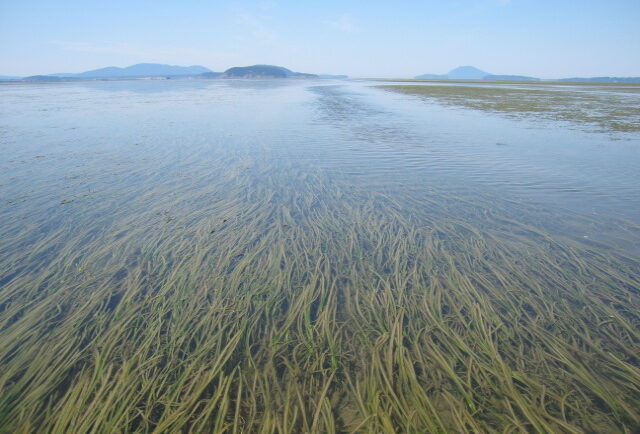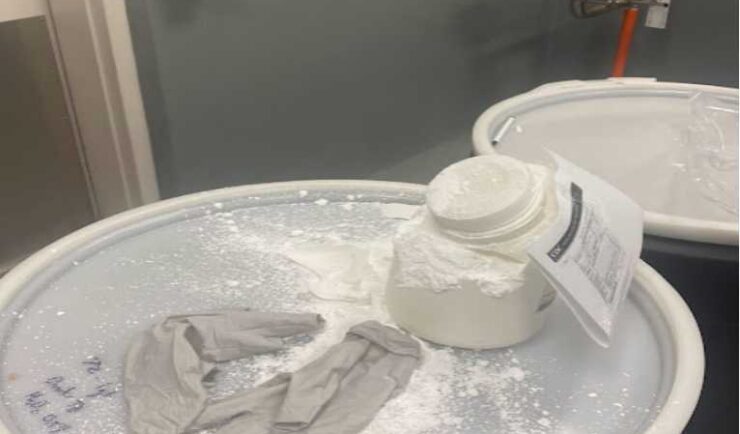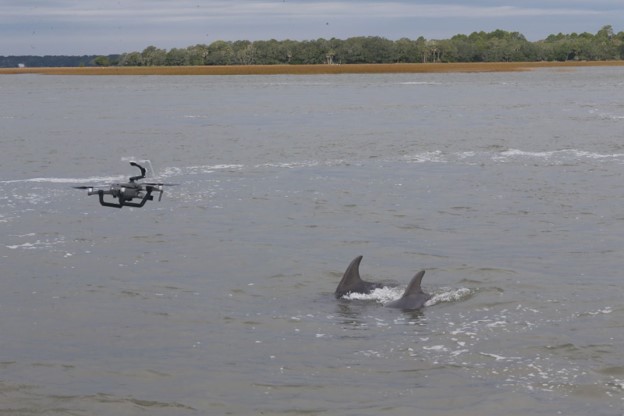
Some of the projects we support are out of this world! Our staff are supporting the University of North Dakota by providing world class laboratory space near the Kennedy Space Center to enable 3-D printing and testing of NASA’s astronaut suits. Check out this video on why this these new suits are important to NASA’s mission and the safety of their astronauts.
We provide operations, facility, and IT support, and health and safety oversight for the Space Life Sciences Laboratory, a joint effort between State of Florida and NASA for payloads bound to the International Space Station.
This facility is a full-service, multi-tenant research laboratory supporting Earth and Space Life Science technology and product development. It’s located in Exploration Park on federal property directly outside the security perimeter of NASA’s Kennedy Space Center.
See More CSS Insights

World Seagrass Day!
Seagrasses are critical to coastal and ocean ecosystems, protecting coastlines from erosion, stabilizing ocean sediment, and improving water clarity. They provide food and shelter for aquatic life, including seahorses, turtles, thousands of species of fish, and more. In addition, they are amazing carbon sequesters, meaning they absorb atmospheric carbon reducing greenhouse gases. On World Seagrass Day, we…

Rapid Reporting of a Close Call Incident
CSS Safety Protocols During a routine collection of waste, a container of white powder disintegrated without warning, causing the powder to spill and be expelled into the air. Thanks to CSS’s safety protocols and quick response, our Center for Disease Control waste disposal staff was able to assess the situation and respond to the chemical…

Examining Cetaceans for Contamination and Pathogens
CSS has employee owners who are experts in monitoring cetacean health. Several CSS scientists supporting NOAA’s Centers for Coastal Ocean Science have recently conducted research and tests on marine mammals to explore uncommon behaviors and causes for strandings. View some examples of this research below. Microplastics are becoming increasingly abundant in coastal and marine environments.…
